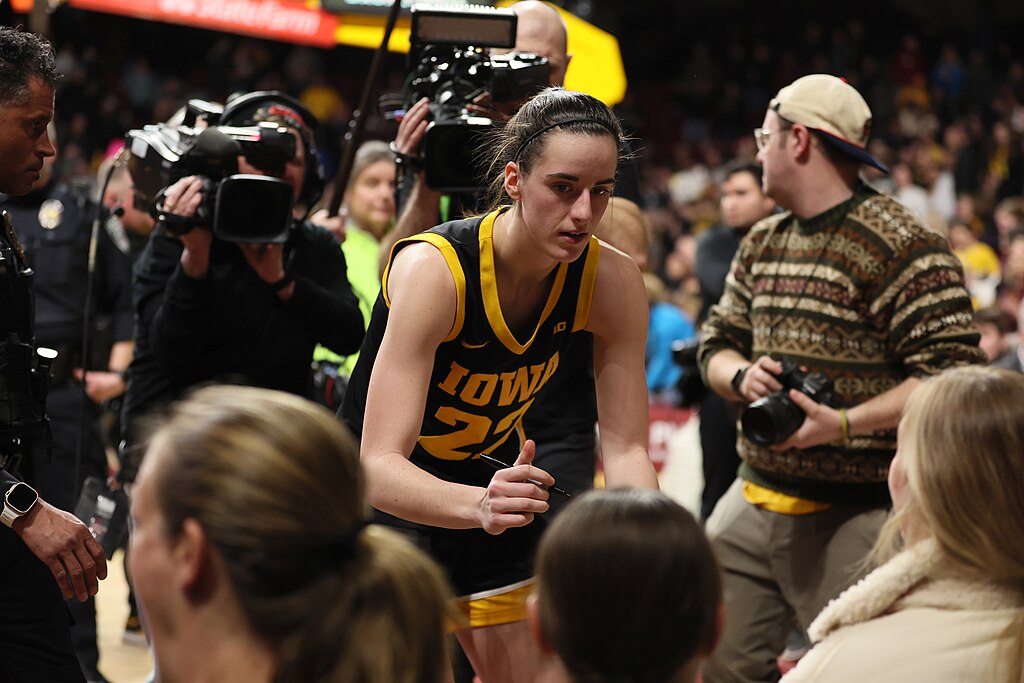Earlier this week Caitlin Clark, the number one overall pick of the 2024 WNBA Draft, signed a shoe deal with Nike, making her one of only four current players to have her own signature shoe (Candace Parker is the fourth). Caitlin Clark…
LATEST NEWS
Wrestling is a great sport, but it seems to grapple itself into…
Legal Defense Fund attorney Jared Evans joins Lurie to discuss redistricting and…
Anita Hill recently delivered a moving speech about the importance of affecting…
Alabama lawmakers recently pushed through legislation that restricts learning institutions and other…
Sports
On Thursday, Pro Football Hall of Famer Orenthal James “O.J.” Simpson passed…
Dawn Staley was already of the one best coaches in all of…
The creators of The Sims video game recently announced a collaboration with…
As Women’s History Month continues to unfold, institutions around the world are…
The Tech Equity Collective Impact Fund recently announced the latest grantees for…
The House passed a bill Wednesday forcing social media app TikTok to…
Tyler Perry signed a new multi-year deal with BET Media Group, extending his long-term partnership with Paramount. As part of the deal, BET has…
Travel
In this video, the Passport Heavy crew embarks on a three-week adventure across Colombia! From the vibrant streets of Medellín to the serene beaches…
Food
At a very young age, restaurateur Javarius Gay learned the secret to success in the culinary industry: the importance of hospitality. “When I was 15 years old, I started working for a Culver’s ButterBurger franchise,” recalls…















































